Search Results for: Dogs
Skip to resultsCan’t find what you’re looking for? Visit our FAQ page.
4,010 results for: Dogs
-
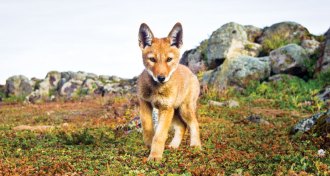 Animals
AnimalsHow oral vaccines could save Ethiopian wolves from extinction
A mass oral vaccination program in Ethiopian wolves could pave the way for other endangered species and help humans, too.
-
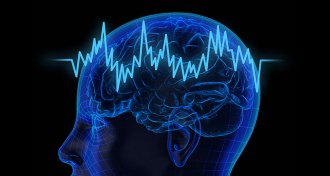 Neuroscience
NeuroscienceBrain waves may focus attention and keep information flowing
Not just by-products of busy nerve cells, brain waves may be key to how the brain operates.
-
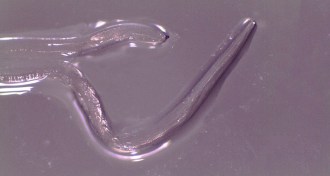 Health & Medicine
Health & Medicine14 cattle eyeworms removed from Oregon woman’s eye
Oregon woman has the first ever eye infection with the cattle eyeworm Thelazia gulosa.
-
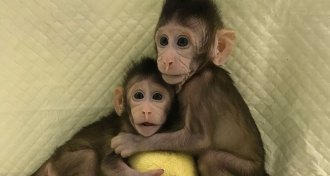 Genetics
GeneticsBaby macaques are the first primates to be cloned like Dolly the Sheep
Scientists have cloned two baby macaque monkeys with the same technique used to clone Dolly. The research could help advance the cloning of other species.
By Dan Garisto -
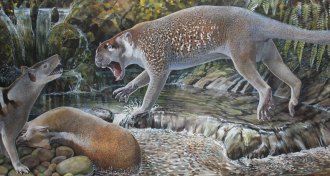 Animals
AnimalsThis ancient marsupial lion had an early version of ‘bolt-cutter’ teeth
Extinct dog-sized predator crunched with unusual slicers toward the back of its jaw.
By Susan Milius -
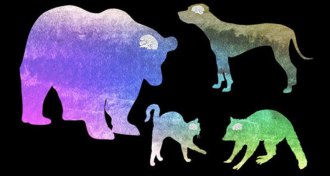 Neuroscience
NeuroscienceIn a tally of nerve cells in the outer wrinkles of the brain, a dog wins
Among some carnivores, golden retrievers rate at the top for numbers of nerve cells, study finds.
-
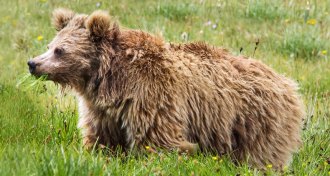 Animals
AnimalsHere’s yet more evidence that the mythical yeti was probably a bear
A more complete genetic analysis amps up the evidence that the legendary creatures known as yetis are actually bears.
-
 Health & Medicine
Health & MedicineSix-month-old babies know words for common things, but struggle with similar nouns
Young babies know a cup of juice from a car, but have a hard time distinguishing more similar nouns, a new study finds.
-
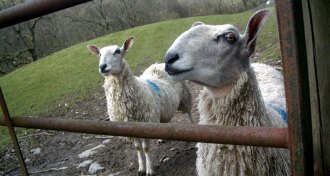 Animals
AnimalsFace it: Sheep are just like us when it comes to recognizing people
Sheep trained to recognize celebrity faces demonstrate that the animals have face-recognition capabilities similar to humans and other primates.
-
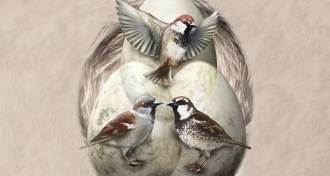 Life
LifeHybrids reveal the barriers to successful mating between species
Scientists don’t understand the process of speciation, but hybrids can reveal the genes that keep species apart.
-
 Life
LifeKC Huang probes basic questions of bacterial life
A physicist by training, Kerwyn Casey Huang tries to understand cell shape, movement and growth.
-
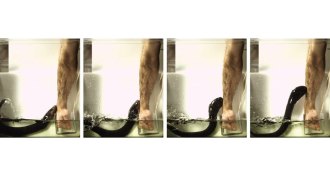 Animals
AnimalsA researcher reveals the shocking truth about electric eels
A biologist records the electrical current traveling through his arm during an electric eel’s defensive leap attack.